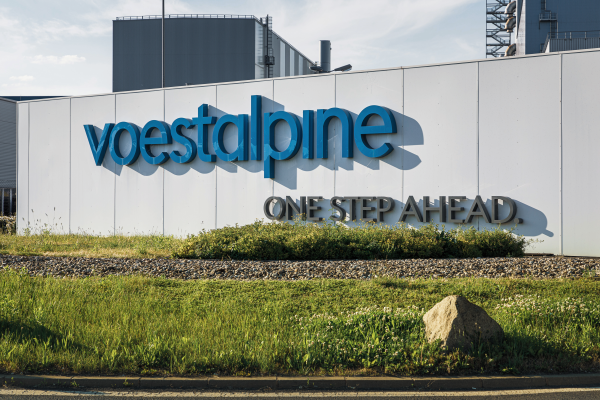Ahead of the October 23 European Council meeting, Austrian steelmaker Voestalpine has joined nearly 80 industrial companies in urging the EU to extend free carbon allowance allocations under the EU Emissions Trading System (ETS).
In a joint letter to EU policymakers, the companies warned that discontinuing free allocations as planned would create serious economic and environmental disadvantages, threatening Europe’s industrial competitiveness and employment.

€2 billion cost surge by 2030
Voestalpine currently contributes around €200 million annually to Austria’s state budget through carbon allowance payments. Without an extension, it estimates additional costs of €1-2 billion by 2030, adding that such a financial burden would undermine its Greentec steel transformation project and erode job security.
The company emphasized that this rise would make its low-carbon transition economically unfeasible, potentially leading to production relocations outside Austria.
Unrealistic timeline for phase-out
Under current legislation, the phase-out of free allowances will take place between 2026 and 2034. However, Voestalpine argues that this timeline is unrealistic, given the lack of affordable renewable power and hydrogen infrastructure.
The company reiterates industry support for decarbonization but urges the EU to adjust ETS timelines to match technological and market realities.
Voestalpine also stresses that maintaining free allowances is critical to sustain this transformation and safeguard 23,300 jobs in Austria.
CBAM seen as insufficient
Voestalpine further warned that the Carbon Border Adjustment Mechanism (CBAM), to be fully implemented in 2026, cannot yet replace free allowances.
The company explained that CBAM offers only partial protection against carbon leakage, as exporters remain disadvantaged and import loopholes persist.
“There is no viable alternative to extending free allowances if Europe wants to maintain industrial competitiveness,” the company concluded